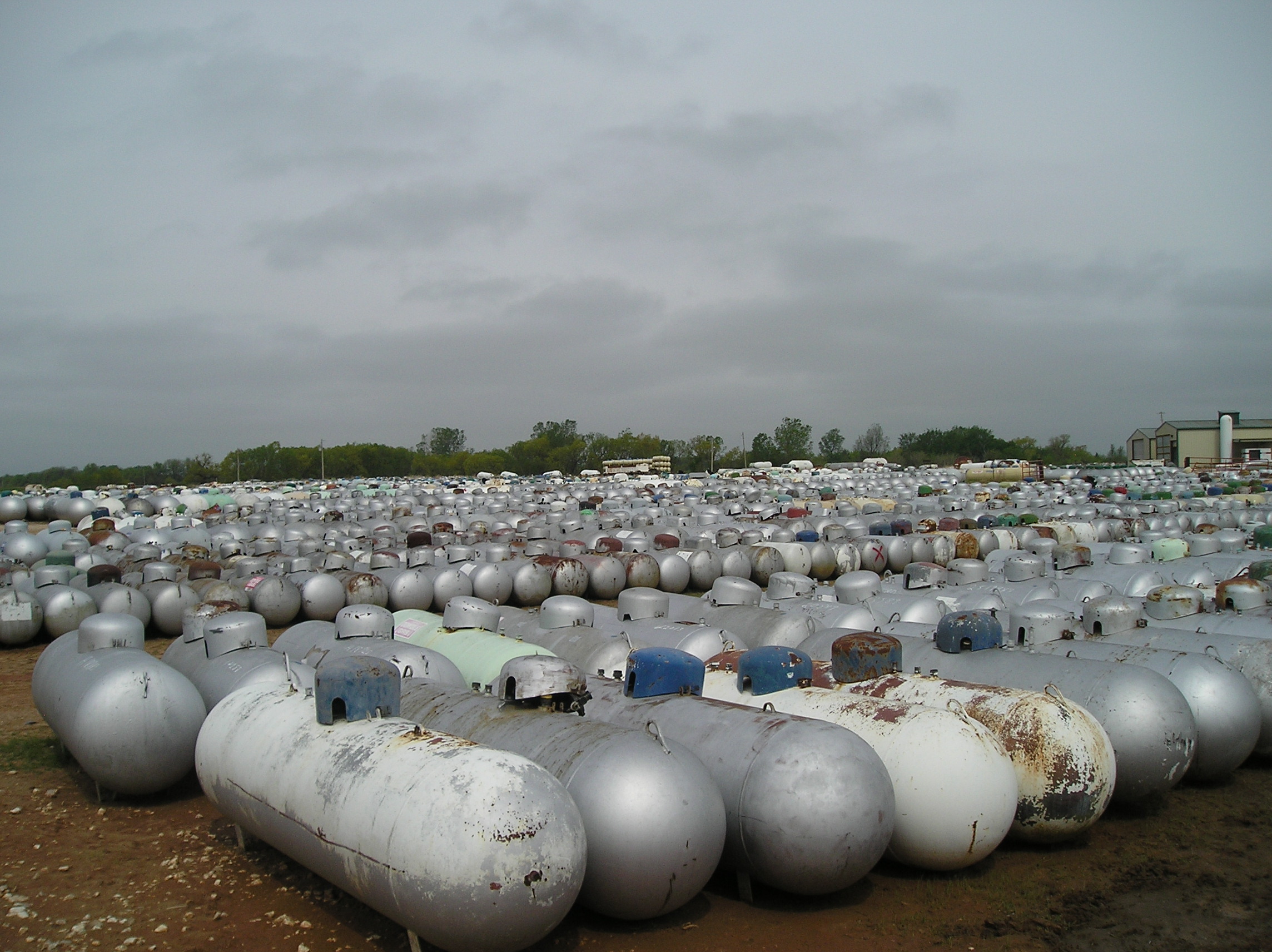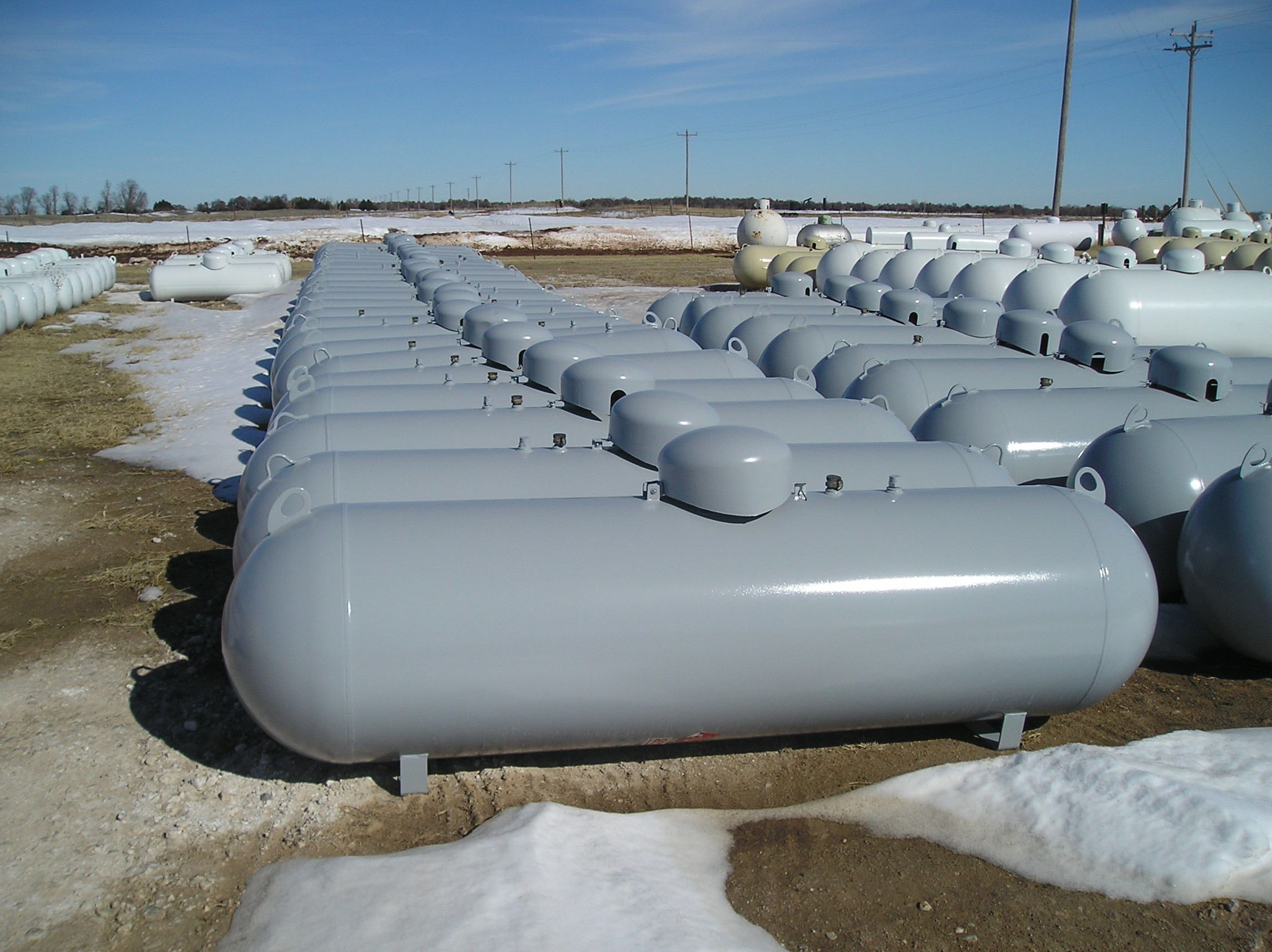Looking for propane tanks for sale? Propane tanks are an essential asset for homeowners, businesses, and outdoor enthusiasts alike. Whether you need a reliable energy source for heating, grilling, or powering appliances, investing in the right propane tank can save you time, money, and hassle. From portable cylinders to larger stationary tanks, the variety available ensures that your specific energy requirements are met. But how do you choose the perfect tank for your needs? That’s where this guide comes in.
Propane is a clean-burning, cost-efficient energy source that has become increasingly popular due to its versatility and eco-friendliness. With countless propane tanks for sale on the market, buyers often feel overwhelmed when trying to make an informed decision. Factors like tank size, material, usage, and safety standards must all be considered before making a purchase. In this article, we’ll explore everything you need to know about propane tanks, from types and maintenance tips to safety guidelines and frequently asked questions.
Whether you’re a first-time buyer or looking to upgrade your current propane setup, this guide will provide valuable insights into making a smart purchase. We’ll also cover where to find the best propane tanks for sale, the pros and cons of buying new versus used tanks, and how to care for your tank to extend its lifespan. Let’s dive in!
Read also:5movierulz 2024 Download Telugu Hanuman And More Ndash A Comprehensive Guide
Table of Contents
- What Are Propane Tanks?
- How Do You Choose the Right Propane Tank?
- Different Types of Propane Tanks
- Where Can You Buy Propane Tanks for Sale?
- New vs. Used Propane Tanks
- How to Maintain Your Propane Tank
- What Safety Precautions Should You Follow with Propane Tanks?
- Common Sizes and Capacities
- Are Propane Tanks Eco-Friendly?
- How Much Do Propane Tanks Cost?
- Portable vs. Stationary Tanks: Which Is Right for You?
- How to Transport Propane Tanks Safely?
- Choosing the Right Accessories for Your Propane Tank
- Frequently Asked Questions
- Conclusion
What Are Propane Tanks?
Propane tanks are specially designed containers that store propane, a liquefied petroleum gas (LPG). This versatile fuel is widely used for residential, commercial, and industrial purposes. Propane tanks come in various shapes and sizes, tailored to meet diverse energy needs. From grilling on a small patio to providing heat for an entire home, propane tanks are indispensable for numerous applications.
Propane is stored as a liquid under high pressure in these tanks and converts into a gas when released through a valve. This makes it an incredibly efficient and portable energy source. The tanks are usually made of durable materials like steel or aluminum, ensuring they can withstand high pressure and external elements.
In addition to their functionality, propane tanks are designed with safety features, such as pressure relief valves and overfill prevention devices (OPDs). These features ensure that users can safely operate their tanks without the risk of accidents. However, understanding the different types of propane tanks available and their specific uses is vital before making a purchase.
How Do You Choose the Right Propane Tank?
What factors should you consider?
Choosing the right propane tank involves evaluating several factors, including:
- Usage: Are you using propane for grilling, heating, or industrial purposes?
- Tank size: Smaller tanks are ideal for portable uses, while larger tanks are better for stationary setups.
- Material: Steel tanks are durable but heavier, whereas aluminum tanks are lightweight and rust-resistant.
- Budget: Determine how much you’re willing to spend on a tank and its accessories.
- Local regulations: Make sure your tank meets the safety standards in your region.
Should you opt for a portable or stationary tank?
The choice between portable and stationary tanks depends on your specific needs. Portable tanks are smaller, easier to transport, and perfect for outdoor activities like camping or grilling. Stationary tanks, on the other hand, are larger and designed for long-term use, such as providing energy for home heating or industrial operations.
We’ll discuss these types in greater detail in the next section.
Read also:Unlocking The World Of Desi Entertainment With Desi49 Com Your Ultimate Guide
Different Types of Propane Tanks
Propane tanks are categorized based on their size, shape, and intended use. Here’s a breakdown of the most common types:
1. Portable Propane Cylinders
These are small, lightweight tanks typically used for grilling, camping, and other outdoor activities. They range from 1-pound disposable cylinders to 20-pound refillable tanks.
2. Residential Propane Tanks
Residential tanks are larger and designed to provide energy for home heating, cooking, and water heating. Common sizes include 100-gallon, 250-gallon, and 500-gallon tanks.
3. Commercial and Industrial Tanks
These tanks are used for large-scale operations, such as powering forklifts, heating warehouses, or running industrial equipment. They can hold up to 1,000 gallons or more.
4. Underground Tanks
For those who prefer to keep their tanks out of sight, underground propane tanks are an excellent option. These tanks are buried beneath the surface and are available in a wide range of sizes.
Where Can You Buy Propane Tanks for Sale?
When searching for propane tanks for sale, it’s essential to purchase from a reputable vendor. Common sources include:
- Retail stores: Many hardware and home improvement stores offer a variety of propane tanks for sale.
- Online marketplaces: Websites like Amazon and specialized propane suppliers provide options for purchasing tanks online.
- Local propane dealers: These dealers often have a wide selection of new and used tanks, as well as refill and maintenance services.
Always ensure the tank you purchase meets safety standards and comes with necessary certifications.
New vs. Used Propane Tanks
Is it safe to buy a used propane tank?
While used propane tanks are often more affordable, they may come with risks, such as wear and tear or outdated safety features. If you decide to buy a used tank, have it inspected by a professional to ensure it’s safe to use.
What are the benefits of buying a new propane tank?
New tanks offer the latest safety features, warranties, and peace of mind. However, they are typically more expensive than used tanks.
Frequently Asked Questions
1. How long does a propane tank last?
Most propane tanks can last 10 to 30 years, depending on their material and maintenance.
2. Can propane tanks explode?
While highly unlikely, propane tanks can explode if exposed to extreme heat or physical damage. Proper use and storage minimize this risk.
3. How often should propane tanks be inspected?
Propane tanks should be inspected at least once a year by a certified professional.
4. Can I refill my propane tank at any location?
Refill locations are widely available, but not all tanks are refillable. Check with your local propane dealer.
5. Are propane tanks environmentally friendly?
Propane is considered a clean-burning fuel, making it an eco-friendly option for energy needs.
6. What should I do if my propane tank leaks?
If you suspect a leak, turn off the tank immediately, move it to a well-ventilated area, and contact a professional for assistance.
Conclusion
Propane tanks are a versatile and efficient energy solution for a variety of uses. Whether you’re looking for propane tanks for sale to power your grill, heat your home, or fuel industrial operations, understanding the different types and features will help you make the best choice. Remember to prioritize safety, maintenance, and compliance with local regulations to get the most out of your propane tank. Happy shopping!

